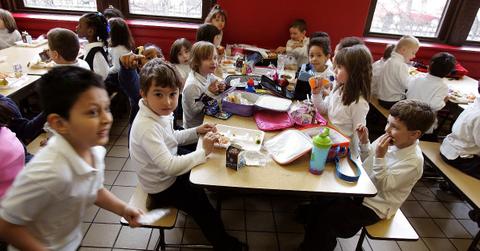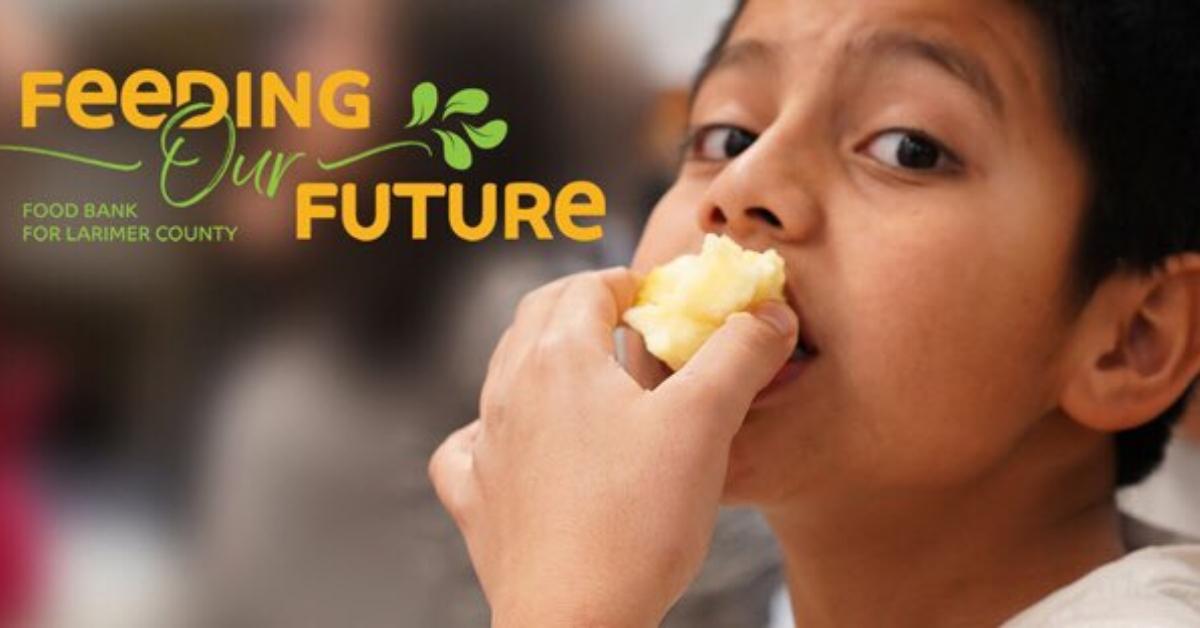DOJ Files Charges in $250M Pandemic Fraud That Stole Money from Hungry Children
This week, the DOJ charged 47 people for running a $250 million hunger program fraud scheme in Minnesota during the COVID-19 pandemic.
Sept. 22 2022, Published 2:15 p.m. ET

A fraud scheme occurred in Minnesota during the COVID-19 pandemic and targeted federally funded child nutrition programs.
Scams that target vulnerable people are deplorable. Even worse are those taking advantage of an unfortunate situation by posing as altruistic do-gooders helping others, like those charged this week for running a hunger program fraud scheme in Minnesota during the COVID-19 pandemic.
The U.S. Department of Justice filed criminal charges on Sept. 20 against 47 individuals for their alleged roles in a $250 million fraud scheme that exploited a federally-funded child nutrition program during the COVID-19 pandemic. The alleged scheme is the largest pandemic relief fraud scheme charged to date, the DOJ said in a statement.
The COVID-19 pandemic fraud scheme stole money from a child nutrition program.
The defendants are accused of misappropriating and laundering millions of funds from the Federal Child Nutrition Program, which were intended as reimbursements for the cost of serving meals to children.
“Exploiting a government program intended to feed children at the time of a national crisis is the epitome of greed,” said Special Agent in Charge Justin Campbell of the IRS Criminal Investigation, Chicago Field Office. “As alleged, the defendants charged in this case chose to enrich themselves at the expense of children. Instead of feeding the future, they chose to steal from the future.”
The USDA loosened site requirements for the nutrition program during the pandemic.
The Federal Child Nutrition Program is a U.S. Department of Agriculture (USDA) program designed to provide free meals to children in need. In Minnesota, the program is administered by the Minnesota Department of Education (MDE).
Under the program, the meals are provided at authorized sites sponsored by specific organizations. The sponsoring organizations are responsible for monitoring their sites, submitting reimbursement claims, and paying the money back to the site. During the COVID-19 pandemic, the USDA loosened some requirements for sites participating in the nutrition program. The changes enabled for-profit restaurants to participate and allowed food distribution sites outside educational locations.
Feeding Our Future founder Aimee Bock is accused of being the mastermind behind the fraud scheme.
The non-profit Feeding Our Future was one of the sponsors participating in the Federal Child Nutrition Program. The organization’s founder and executive director, Aimee Bock, is accused of being the mastermind behind the fraud scheme. Bock’s non-profit went from receiving and distributing about $3.4 million in federal funds in 2019 to nearly $200 million in 2021.
Bock and her employees at Feeding Our Future are accused of recruiting individuals and businesses to open fake nutrition sites across Minnesota. The defendants also created shell companies to pose as sites for the nutrition program. Feeding Our Future opened more than 250 sites throughout Minnesota and fraudulently obtained and disbursed more than $240 million in Federal Child Nutrition Program funds, the DOJ claims.
These fraudulent sites submitted fabricated rosters and meal count sheets with fake children’s names on them to get reimbursed for meals they didn’t actually serve, the DOJ alleges. One fake roster was created using names from a website called “www.listofrandomnames.com.”
Feeding Our Future made over $18 million in the fraud scheme.
Feeding Our Future profited through administration fees that sponsoring agencies typically receive in the program. Federal Child Nutrition Program sponsors usually retain between 10 percent and 15 percent of reimbursed federal funds. Under the fraud scheme, Feeding Our Future received more than $18 million in administrative fees that it wasn't entitled to, the DOJ claims.
Rather than paying for meals for children, Bock and the other defendants used the proceeds of their fraudulent scheme to purchase luxury vehicles, residential and commercial real estate in Minnesota, Ohio, and Kentucky, real estate in Kenya and Turkey, and to fund international travel, according to the DOJ.

